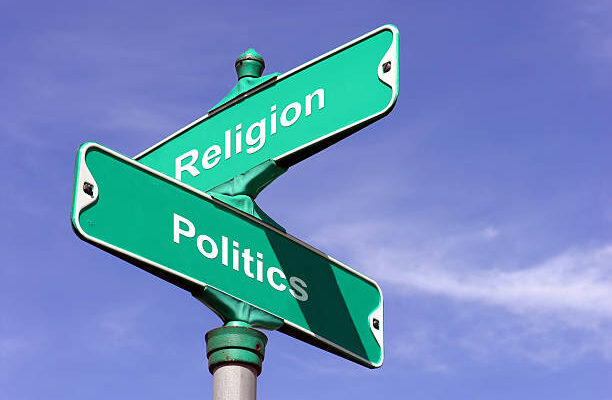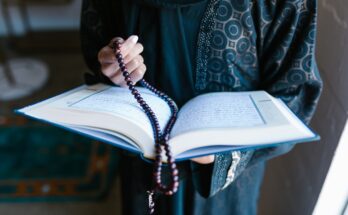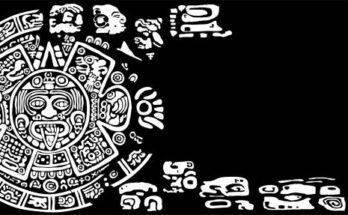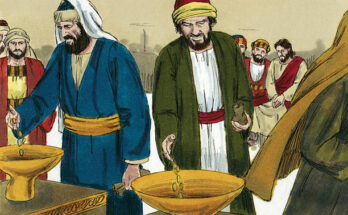Religion and politics have always been intertwined, and their relationship continues to be a significant topic of discussion in political philosophy. Despite the growing consensus on the right to freedom of conscience and the need for separation between church and state, religious beliefs often clash with political demands. However, religion can also provide support for politics in various ways. In this article, we will explore the philosophical problems that arise when religion and politics intersect, examining topics such as the establishment and separation of church and state, toleration of religious belief and practice, the demands of liberalism on private self-understanding, and the role of religious reasons in public deliberation.
-
Establishment and Separation of Church and State
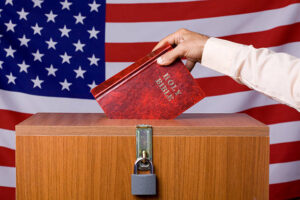 (Photo from iStock)
(Photo from iStock)
The question of establishing a church or faith versus complete separation of church and state has been central to political thought for centuries. In the early modern era, European societies grappled with the roles that church and state should play in each other’s sphere. Different arrangements for religion in political life emerged, including state churches with exclusive rights to practice their faith, government support and control of religious institutions, and religious officials holding established roles in political institutions. Some states even enshrined a particular creed or belief system as their official religion.
Arguments for establishment emphasize the benefits it brings to society. For example, some conservatives argue that an established church fosters social cohesion, ensuring citizens are connected to one another and have a common framework for making collective decisions. They believe that privileging a religious institution or creed strengthens cultural homogeneity and fosters a sense of belonging. Others argue that establishment preserves ethical wisdom and prevents societal fragmentation.
In contrast, the liberal tradition opposes establishment, favouring neutrality among religions. Liberals argue that the state should not disadvantage any religious group or force non-believers to subsidize religions they reject. They emphasize fairness, the right to practice one’s religion, and the potential for establishment to lead to religious repression and curtailment of individual liberties.
-
Toleration and Accommodation of Religious Belief and Practice
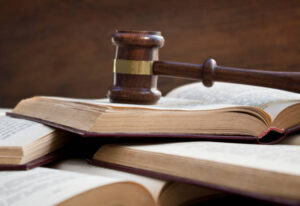 (Photo from iStock)
(Photo from iStock)
As societies became more diverse in terms of religious beliefs and institutions, the question of toleration and accommodation arose. John Locke’s influential work, “A Letter Concerning Toleration,” argued against coercive belief and advocated for religious practice as long as it did not infringe on the rights of others. Locke’s view treated religious bodies as voluntary societies composed only of those who willingly joined, in contrast to the medieval view of the church as having authority over all within a particular domain.
However, challenges to toleration and accommodation persist. Some religious actions are unjust, such as violent fundamentalism or religious objections to life-saving medical procedures. Balancing the rights of religious individuals with the state’s obligation to protect citizens from harm creates complex ethical dilemmas. The issue becomes even more contentious when religious objections clash with the state’s educational goals or military service requirements.
Education presents a particularly challenging area for toleration and accommodation. The state sees education as an opportunity to impart values necessary for active citizenship and social life. However, religious parents may object to curricula that contradict their beliefs or aim to foster critical distance from their faith. These conflicts raise questions about the limits of parental rights, the autonomy of children, and the role of education in promoting social cohesion.
-
Liberalism and Its Demands on Private Self-Understanding
 (Photo from iStock)
(Photo from iStock)
Political liberalism, as developed by John Rawls, introduced the concept of an overlapping consensus, where citizens of differing comprehensive doctrines agree on principles of justice. This conception aims to accommodate the diversity of beliefs while avoiding the need for citizens to weaken their private comprehensive views. Critics argue that political liberalism places strains on religious citizens who cannot accept the burdens of judgment or maintain certitude in their faith.
Religious citizens may experience conflicts between their identity as citizens and their religious adherence. Some religious traditions prioritize divine authority over political authority, viewing religious commitments as taking precedence. In contrast, civic republicanism sees civic roles as paramount, believing that political participation is essential for the human good. Liberalism, often emphasizing personal autonomy, struggles to adjudicate these conflicts. As it refuses to prioritize one aspect of an individual’s identity over another.
-
Religious Reasons in Public Deliberation
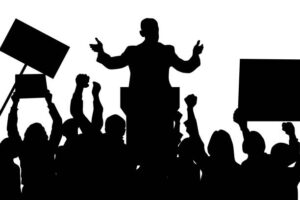 (Photo from iStock)
(Photo from iStock)
The role of religious reasons in public deliberation has become a significant topic in democratic theory. The emphasis on deliberation as the basis for democratic decisions has raised questions. About the appropriateness of certain reasons in a pluralistic society. Religion, due to its historical and contemporary political influence, has been a focal point of this discussion.
John Rawls introduced the concept of public reason, arguing that citizens should offer reasons. That do not appeal to any comprehensive doctrine when engaging in public deliberation on constitutional essentials. This requirement ensures that democratic outcomes can be reasonably accepted by all citizens, regardless of their religious beliefs. However, critics argue that limiting public deliberation to secular reasons. Overlooks the positive contributions religious justifications can make to democratic societies.
Inclusivists advocate for the inclusion of all relevant considerations in public deliberation, including religious reasons. They argue that it is unfair to restrict certain groups from participating in public discourse. And effecting change based on their religious convictions. They point to historical examples. Such as the abolitionist and civil rights movements, where religious beliefs played a crucial role in achieving desirable political change.
Conclusion
Religion and politics remain intertwined in modern societies, despite the increasing secularization of many countries. As religious diversity grows, discussions surrounding the relationship between religion and politics become more important. The topics explored in this article. Including the establishment and separation of church and state, toleration of religious belief and practice. The demands of liberalism on private self-understanding, and the role of religious reasons in public deliberation. Continue to shape political philosophy and democratic theory. Ultimately, finding a balance between religious freedom and political obligations remains a complex and ongoing challenge in the modern world.
Reference:
Springer Link
Want to know about creation of the world, click on the link below:
How Can Religion Be Created? Exploring the Origins and Evolution

